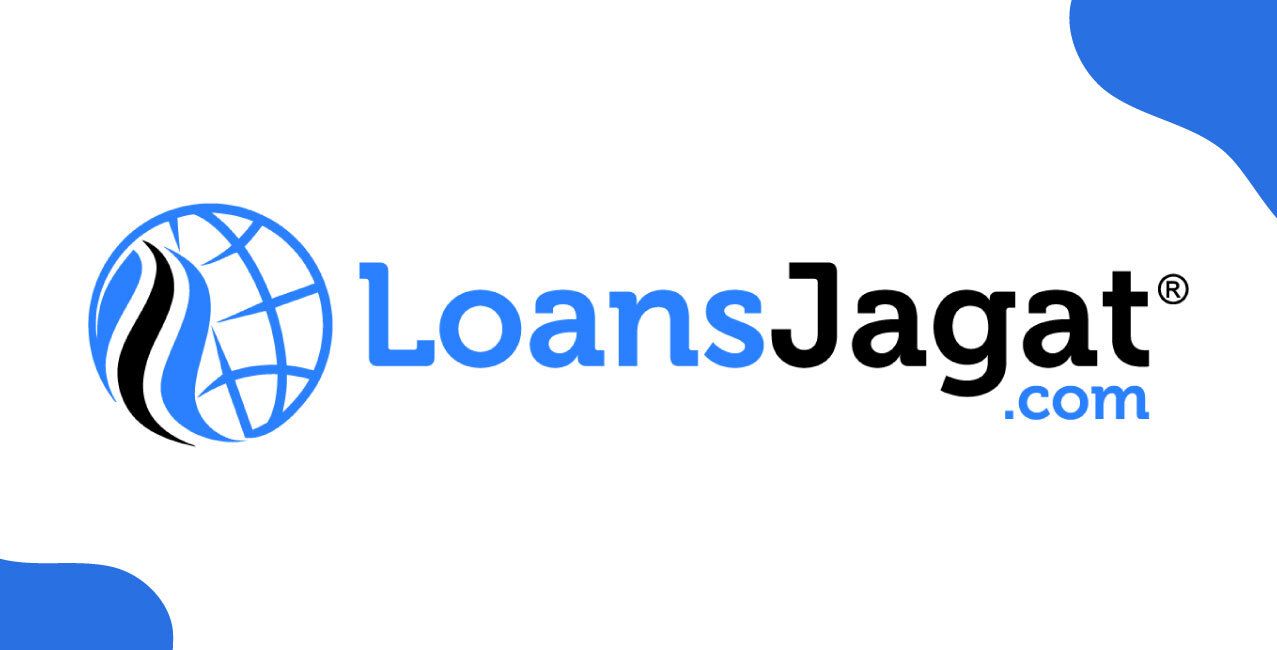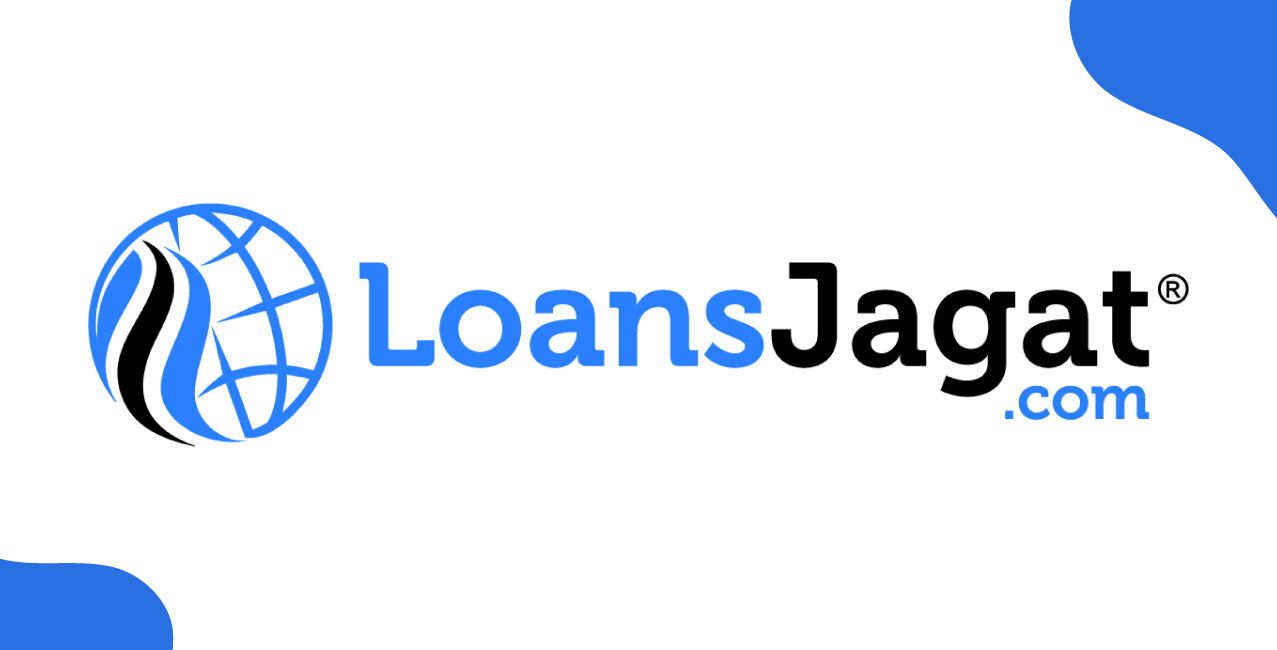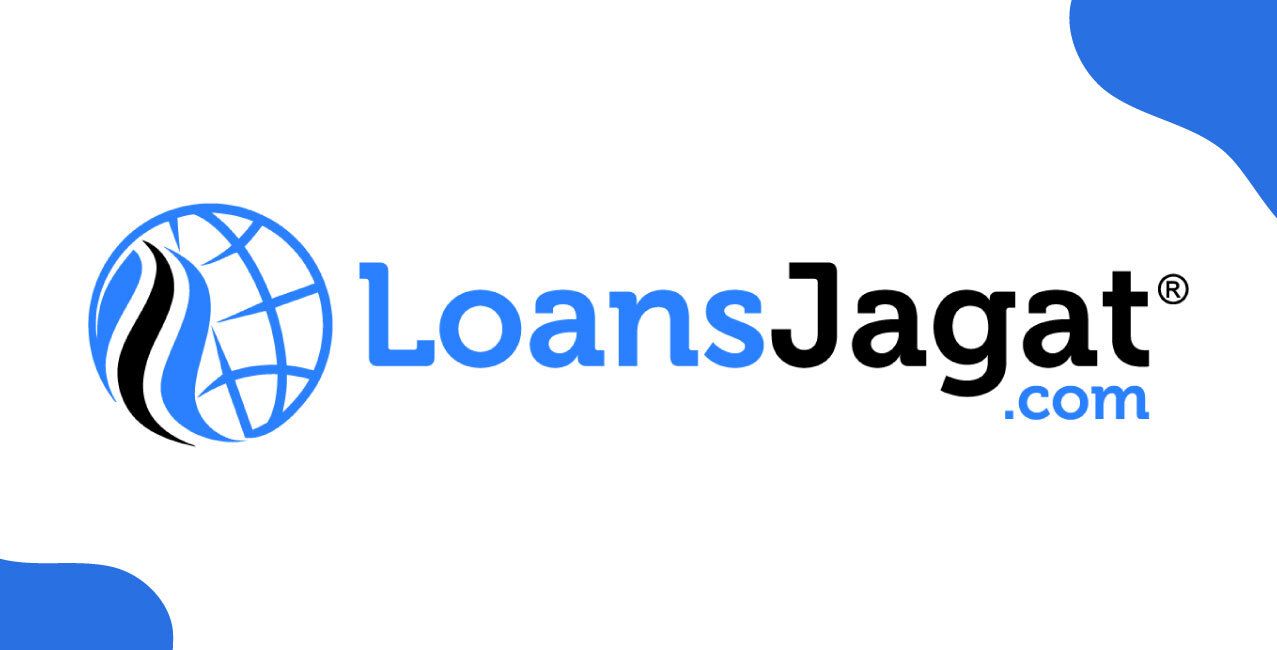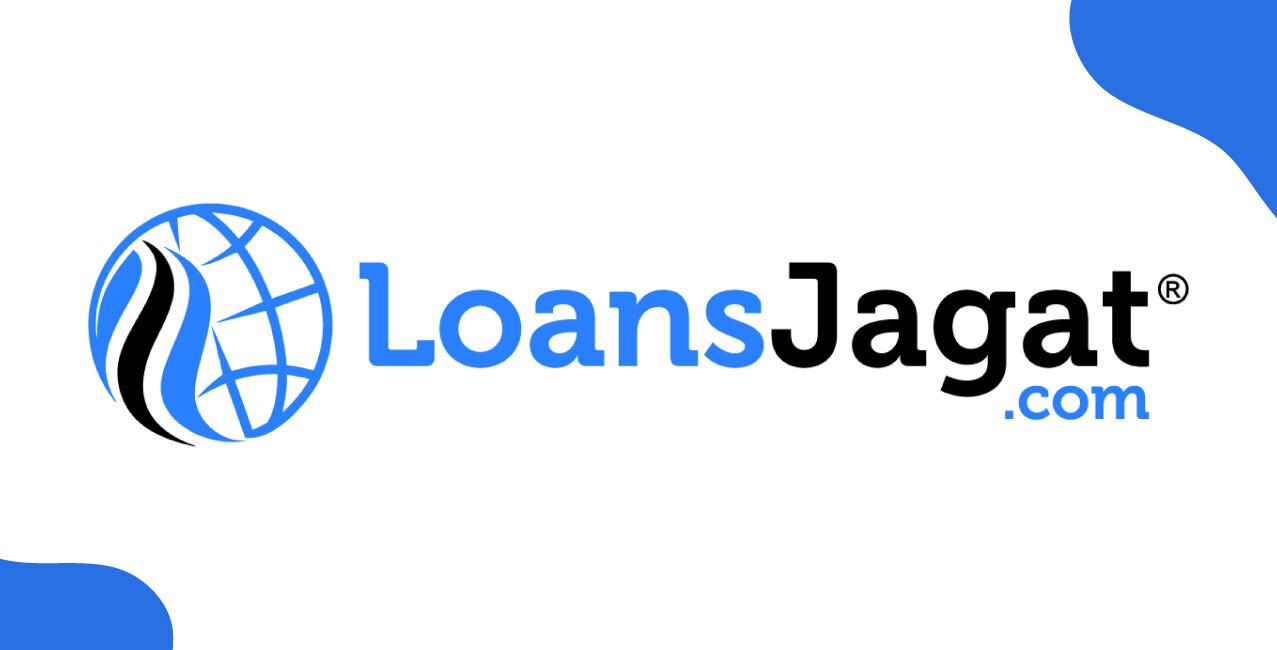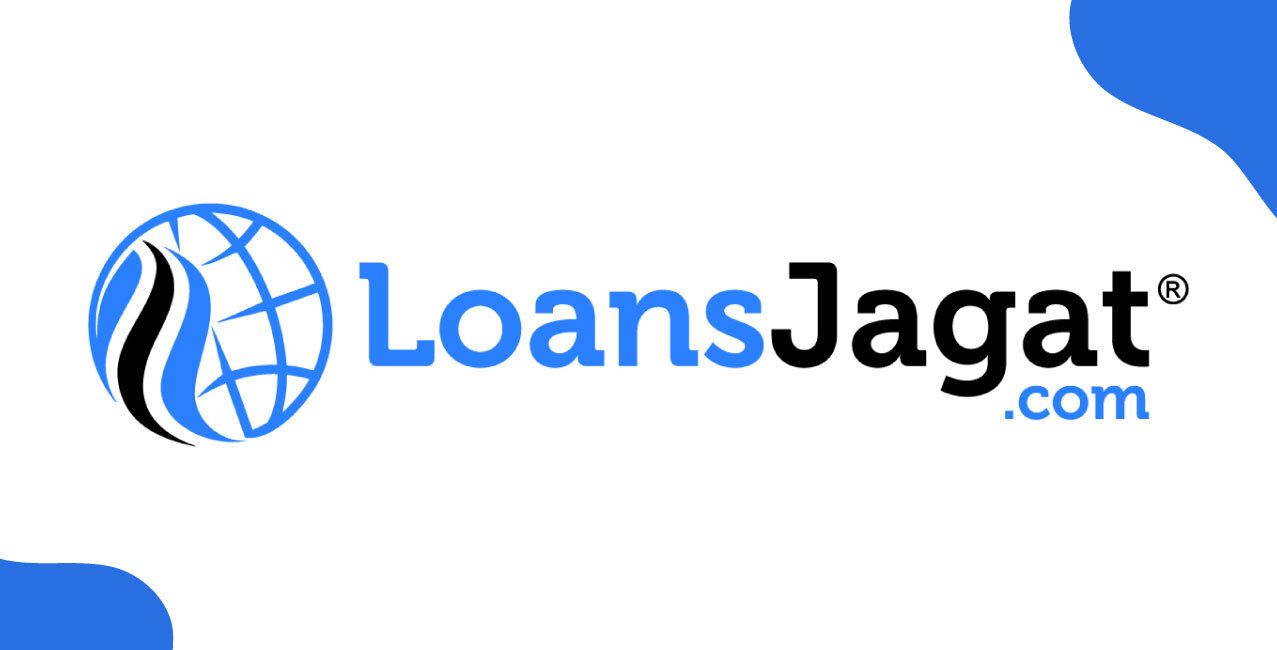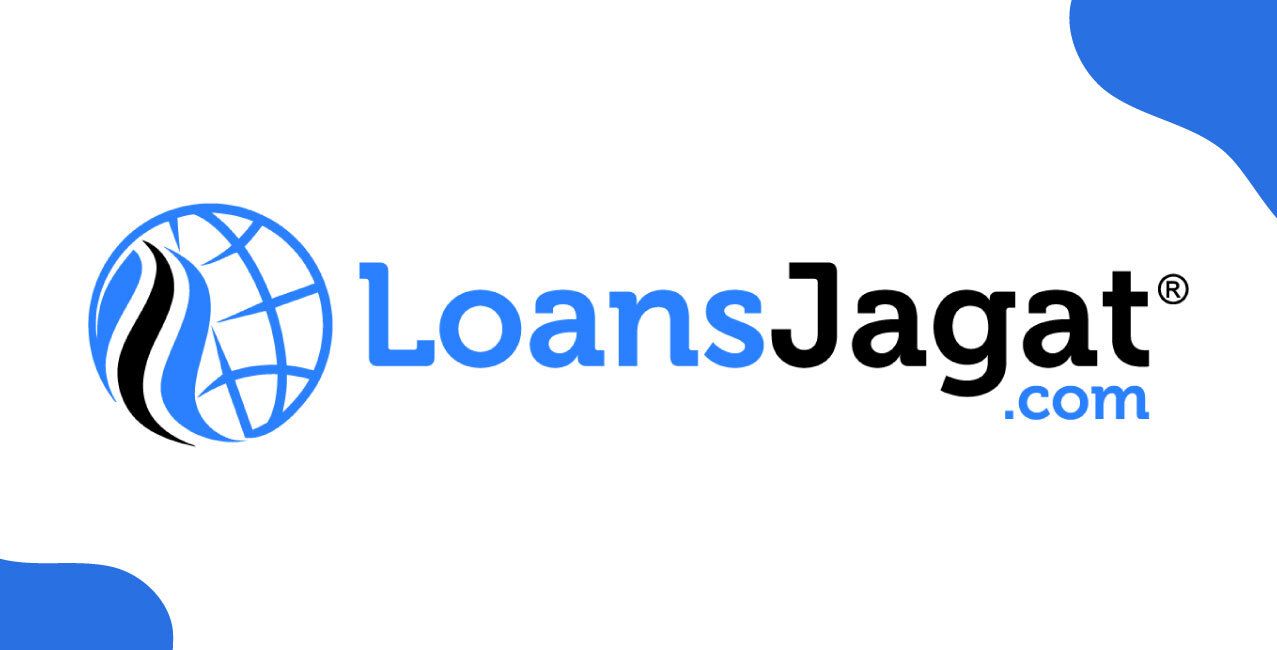Paytm Receives RBI’s In-Principle Approval for Online Payment Aggregator Licence
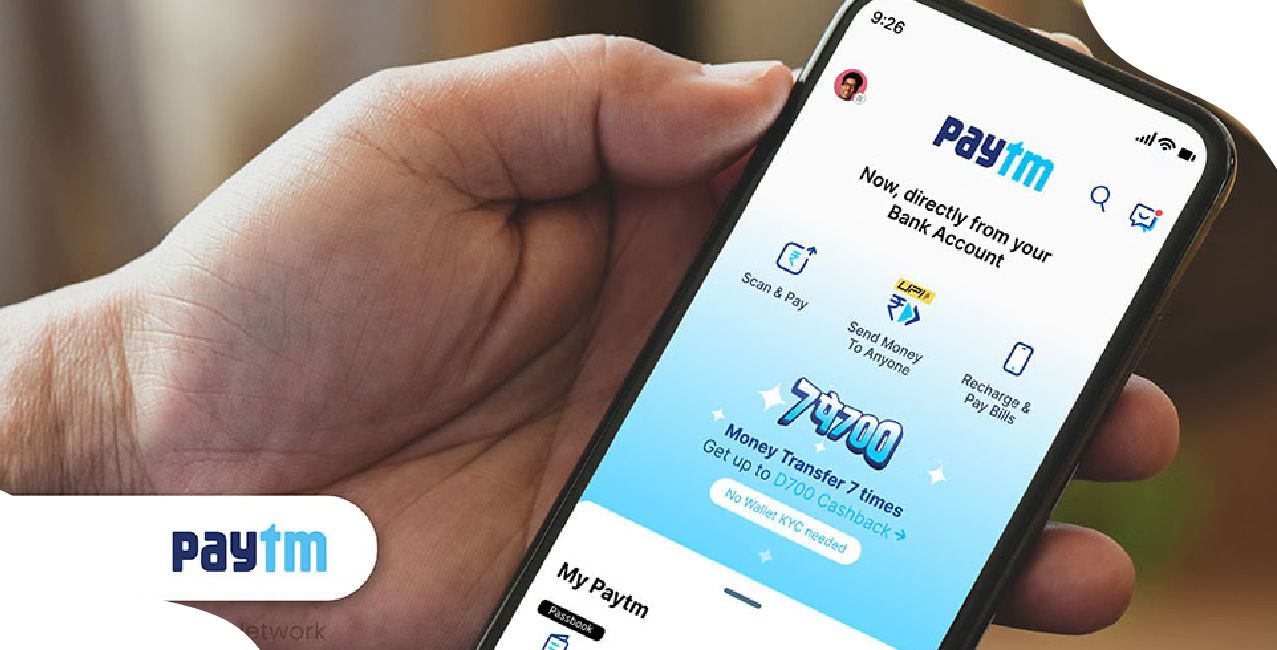
Check Your Loan Eligibility Now
By continuing, you agree to LoansJagat's Credit Report Terms of Use, Terms and Conditions, Privacy Policy, and authorize contact via Call, SMS, Email, or WhatsApp
On 12–13 August 2025, Paytm Payments Services Limited (PPSL), the wholly-owned payments subsidiary of One97 Communications, received an in-principle approval from the Reserve Bank of India (RBI) to operate as an online payment aggregator (OPA). This long-awaited nod lifts the freeze on onboarding new merchants, imposed since November 2022 and marks a critical turning point in Paytm’s efforts to rebuild its core payments business.
However, final authorisation hinges on completing several compliance requirements. Below, we unpack the full arc of this development, the context of Antfin’s stake divestment under FDI norms, the RBI-imposed freeze, and separate myths versus facts swirling around this saga.
What is In-Principle Approval?
Meaning: It’s a conditional go-ahead from the regulator (RBI) that says, “You’re allowed to move ahead, but only after you fulfil some requirements.”
Imagine applying to a university. The university sends you a letter saying, “You are provisionally admitted, but you must pass your final exams with at least 60%.” That’s exactly what in-principle approval is—it’s not a full licence, but a green light provided you clear the conditions.
The RBI Nod and Why Merchant Onboarding Had Been Blocked
In November 2022, the RBI ordered PPSL to halt onboarding new merchants because its application for a payment aggregator license was pending and it needed to address certain compliance gaps. While PPSL continued processing transactions for existing merchants, the freeze severely hampered its ability to grow its payments business.
On 12 August 2025, PPSL received conditional or “in-principle” approval from RBI to function as an online payment aggregator again. According to Outlook Money, this clears the way to resume merchant onboarding, over a year after the freeze began, though final clearance remains contingent on compliance.
A Bajaj Broking summary further explains that PPSL now has six months to complete a rigorous system and cybersecurity audit by a certified auditor (e.g., CERT-In, CISA, or DISA qualified), ensure data-localisation and operational resilience, and adhere to RBI’s payment aggregator guidelines.
Timeline of RBI Action and PPSL Response
Below is a table summarising the key regulatory milestones and PPSL’s response:
The pause in onboarding new merchants throttled PPSL’s growth trajectory. The in-principle nod is a renewed lifeline, but real momentum will depend on completing the regulatory checklist.
What is Merchant Onboarding?
Meaning: The process of signing up new shops, service providers, or online platforms so that they can accept digital payments via the aggregator
It’s like a club membership. When someone new joins the club, they need to provide details, sign forms, and get verified before enjoying the benefits. Similarly, merchants need to be vetted and approved before they can start receiving payments through Paytm.
The Antfin Stake Saga: FDI Norms and the Press Note 3 Hurdle
The delay in license expansion coincided with Paytm working through a thorny issue, foreign direct investment (FDI) limitations under Press Note 3 (2020), which restricts investments from countries sharing land borders with India unless government-approved. This necessitated reducing stakes from such investors.
- In August 2023, Antfin (Netherlands) Holding B.V., backed by Alibaba/Ant Group, transferred 10.3% of its stake, which comprised 44% of its Paytm shareholding to Paytm’s founder and CEO, Vijay Shekhar Sharma, via his overseas vehicle, Resilient Asset Management (RAM BV).
- In 2025, Antfin continued paring down its stake. By May, it sold 4% for approximately ₹2,103 crore (around $246 million); by August 2025, it exited completely, selling the remaining 5.84% stake in block deals worth around ₹3,800–₹3,803 crore, reportedly through Goldman Sachs and Citigroup as placement agents.
This series of transactions cleared the FDI hurdle, enabling RBI to revisit Paytm’s license candidacy without the Chinese investor presence complicating regulatory sign-off.
What is Press Note 3 (2020) and FDI Norms?
A rule that requires prior government approval for investments in Indian companies from countries that share a land border with India (like China). It was introduced to ensure sensitive industries don’t come under foreign control without oversight.
Read More – What is a Payment Gateway? Meaning, Types & How It Works in E-commerce
Imagine you’re hosting a neighbourhood cricket match. Usually, anyone can join, but suddenly the organisers add a rule: “If players from rival streets want to join, they need the coach’s special approval.” That’s how Press Note 3 restricts foreign investments, only those cleared by the government can enter.
Myth vs Fact: Clearing Misconceptions Around Antfin’s “Exit”
Despite headlines proclaiming Antfin’s full exit, concerns persist. Below we clarify what’s real and what’s contested:
While headlines highlight an Indian-owned Paytm post-Antfin, governance watchers caution that ownership structures, especially via OCDs may obscure effective control. This complexity is a valid concern as Paytm seeks regulatory and investor credibility.
Implications for Paytm’s Business and Market Position
The RBI’s conditional approval allows PPSL to rebuild and expand—but only if it fulfills compliance obligations. If PPSL passes its six-month audit, full authorisation would restore its ability to onboard new merchants at scale. This is critical, as merchant acquisition is at the heart of Paytm’s growth
engine.
Also Read - What is E-Commerce? Types, Examples & How It Works in India
With Antfin out (on paper), Paytm is better positioned to attract new strategic investors, strengthen investor confidence, and project a cleaner ownership structure, a potential catalyst for improved market sentiment. As noted by Moneycontrol, this turn of events aligns with regulatory comfort and could enhance Paytm’s prospects as a domestic flagship in fintech.
Conclusion
The RBI’s in-principle approval for PPSL to resume merchant onboarding is a welcome tide shift in Paytm’s fortunes—but not yet a full clearance. Coupled with the phased divestment of Antfin, this paves the way for Paytm to shed regulatory friction and ownership complications.
The next six months are pivotal: a clean audit will signal Paytm’s recovery, while unresolved issues (like effective control via RAM BV or OCDs) may still lurk beneath the surface. As India’s payments champion, Paytm now has a renewed opportunity to reclaim momentum, but must navigate compliance and credibility with precision.
About the author

LoansJagat Team
Contributor‘Simplify Finance for Everyone.’ This is the common goal of our team, as we try to explain any topic with relatable examples. From personal to business finance, managing EMIs to becoming debt-free, we do extensive research on each and every parameter, so you don’t have to. Scroll up and have a look at what 15+ years of experience in the BFSI sector looks like.
Subscribe Now
Related Blog Post

Home Loan Interest Rates 2025 Deliver Major EMI Relief, Will Borrowers See More Gains In 2026?

Will the Indian Rupee Stabilise in 2026 After a Volatile 2025?
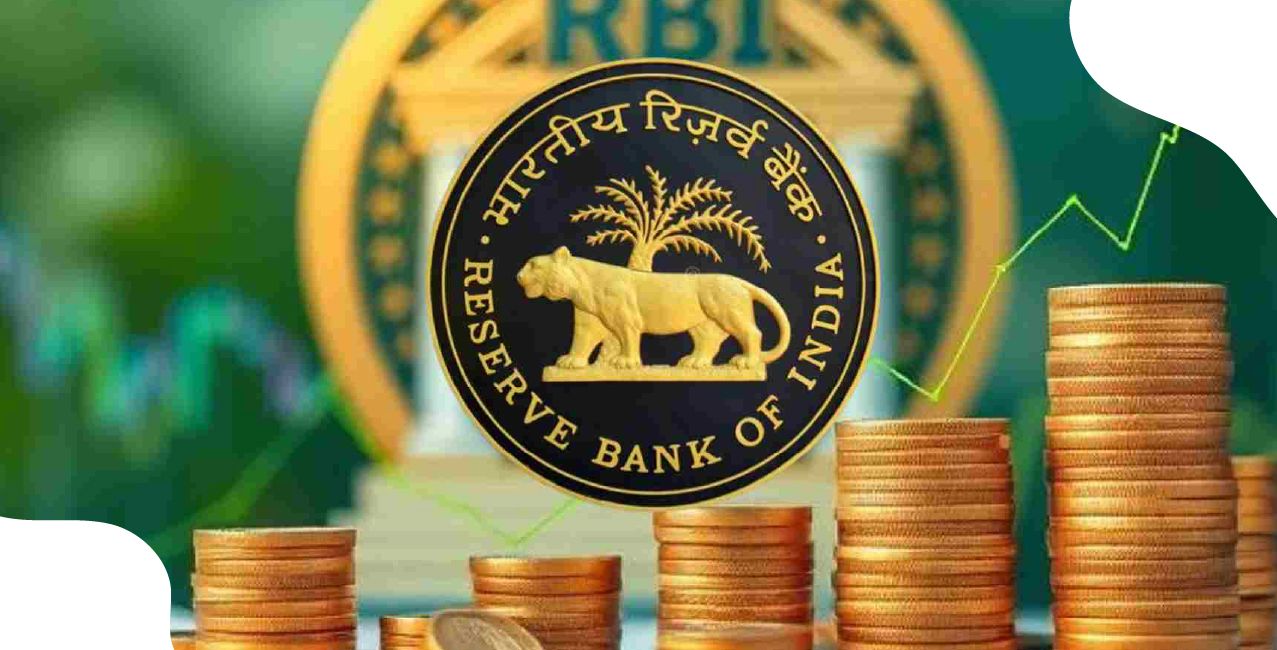
RBI Draft Rules Target Surprise Costs in Overseas Payments
Recent Blogs
All Topics
Contents
Quick Apply Loan
Consolidate your debts into one easy EMI.
Takes less than 2 minutes. No paperwork.
10 Lakhs+
Trusted Customers
2000 Cr+
Loans Disbursed
4.7/5
Google Reviews
20+
Banks & NBFCs Offers
Other services mentioned in this article
